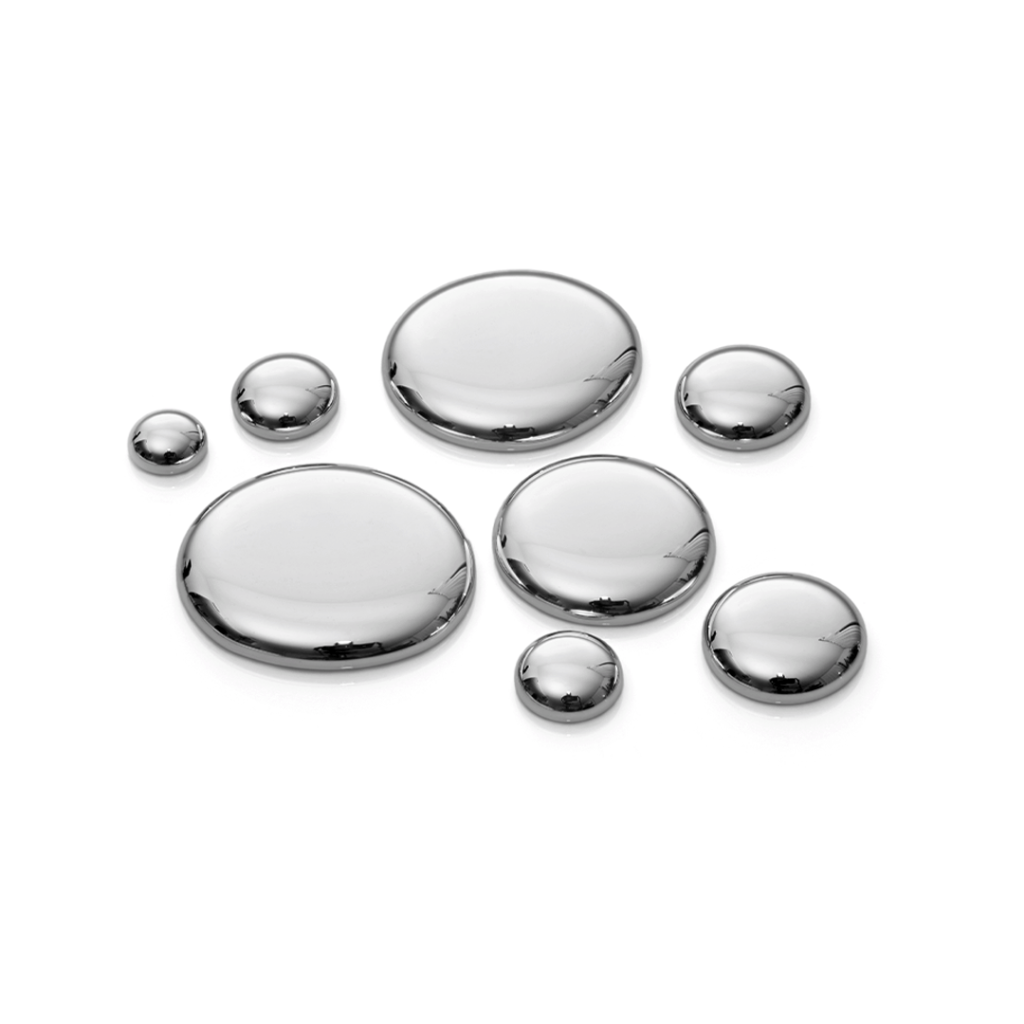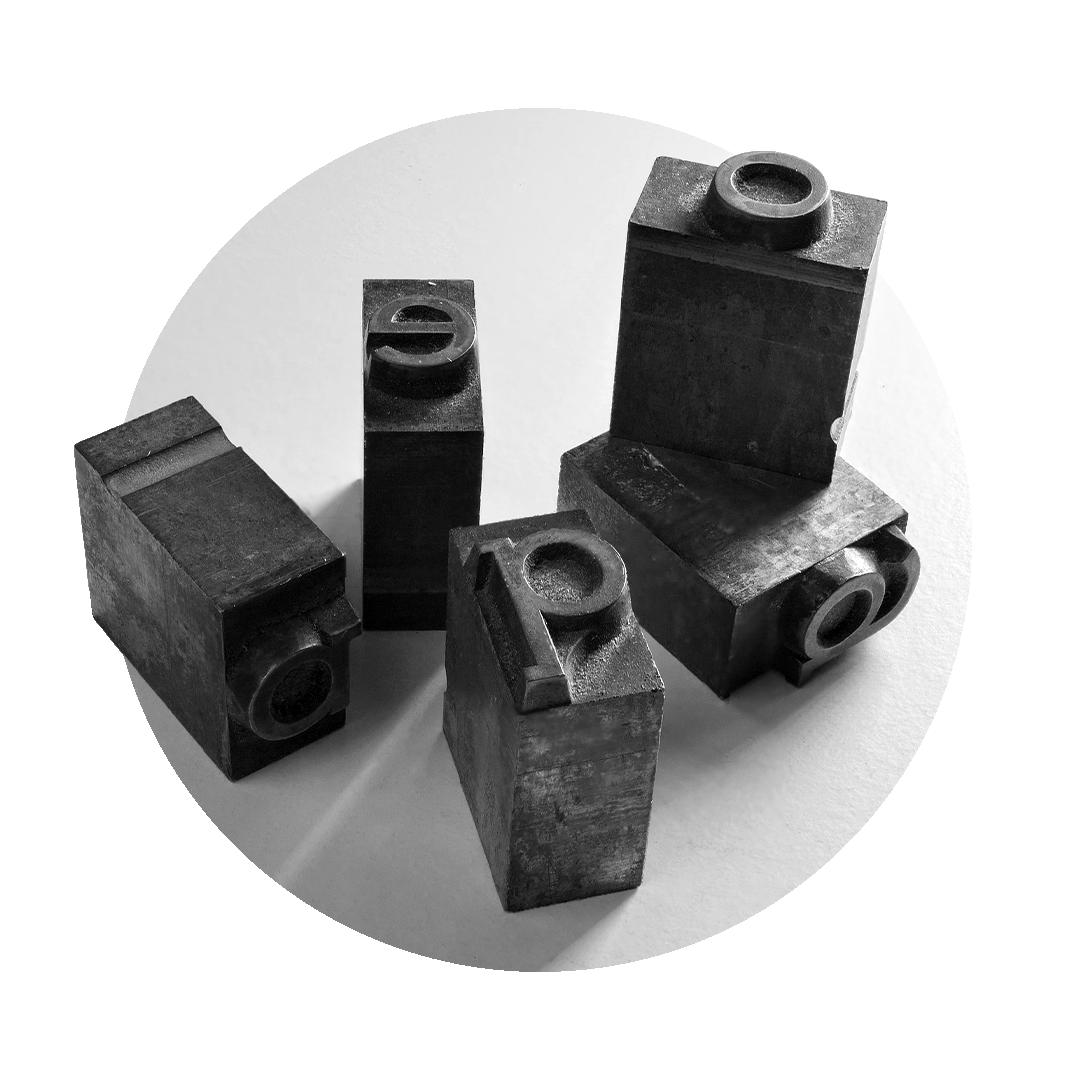Mercury: The Metal of Mercury
Mercury is probably the most famous metal in the history of medicine, but it has already made a sometimes dubious name for itself in recent centuries. Basically, it is an element that belongs to the metals, but is liquid and volatile at room temperature. Like most heavy metals, it is very toxic to the human body and really only useful in the right compounds and in very small quantities. It gained great fame within medicine for the treatment of syphilis since its appearance at the end of the 15th century. In naturopathy it is still used today in prepared form and very low concentration for the treatment of lymph-associated problems.
Mercury facts
Did you know that...
... mercury is liquid at room temperature?
... amalgams are made with mercury?
What is mercury?
Mercury is an element that can also be found in the periodic table of elements. It belongs to the group of metals, although it is not solid but liquid at room temperature. Mercury still plays an important industrial role in the production of amalgams for e.g. dentistry or goldsmiths. Naturally occurring mercury compounds such as cinnabar are used for naturopathic purposes, but also serve as pigments in the restoration and art sectors. In the past, it was used medicinally stirred into fat creams and as a quack ointment to treat infectious skin ulcers, usually those caused by syphilis. Hence the contemptuous name of quack for untalented healers.
General and medicinal properties of Hydrargyrum bichloratum spag.
Germicidal
Mercury is germicidal. Bacteria have a metabolism and readily absorb this heavy metal. In this way, they poison themselves and die off. The immune system can thus more easily overwhelm them and render them harmless.
Lymphaffin
Mercury has an affinity for lymph. Our lymph consists of fats, among other things. All metals are lipophilic, i.e. they like to bind chemically to fats. Therefore, mercury is absorbed more quickly by the lymph and can develop its therapeutic effect there.
Fugitive
Mercury is volatile. At room temperature it is liquid and in some cases already changes to the gaseous state. Therefore, it is always kept strictly closed. Thermometers used to be filled with it. In case of a breakage of the thermometer, the poison emergency call was necessary. The volatile mercury can be inhaled immediately and lead to poisoning in these concentrations.
Hydrargyrum bichloratum spag.: Ingredients
- Elemental mercury, spagyrically prepared
Mercury: effect for body and mind
Mercury is a metal and therefore very lipophilic. This means that it likes to accumulate in fat-rich tissue. This includes not only body fat but also nerve structures, brain and lymph. It is used medically for chronic, infectious infections. In this case, mercury helps to cleanse and strengthen the lymph and thus the immune system. Directly in the tissues it serves to kill and eliminate pathogens. Used correctly, mercury can have a relieving, cleansing effect on the body, which leads to more vitality being felt again.
Properties of Hydrargyrum bichloratum spag.
- lymphatic
- anti-infective
- vitalizing
- Promotes healing
- maturing
- decongesting
Areas of application in naturopathy: mercury
Mercury is also rarely used alone in naturopathy. Mostly it is a component of lymph-active mixtures.
Hydrargyrum bichloratum spag. for sore throats
In the case of sore throats, the lymphatic pharyngeal ring, as the pharyngeal and palatine tonsils are usually affected, since they provide the local immune defense. Mercury helps to kill the pathogens during infections and stimulates the lymphatic structures at the same time. The tonsils are thus driven to perform and supportively relieved in their work. The infection can be passed through more quickly and cleanly and the sore throat soon subsides.
Mercury for mucosal inflammation
Mucosal inflammations are often caused by infections or weak lymphatic structures. The mercury acts against the infections and stimulates the lymph in its defense activity. Thus, the mucosal inflammation can heal quickly and the pain disappears.
Hydrargyrum bichloratum spag. for muscle and joint pain
Some rheumatic phenomena such as muscle and joint pain are caused by chronic infections. Because mercury stimulates and strengthens the lymph, these chronic infections can be overcome and the cause of the muscle and joint pain disappears again. They symptoms weaken and movement can be painless again.
Notes on the use of mercury
Mercury is also used homeopathically or spagyric only cure. There are drop, tablet, spray and ointment preparations. The intake takes place over a defined period of time, usually several times a day.
Hydrargyrum bichloratum spag. during pregnancy & lactation
During pregnancy and lactation, Hydragyrum should not be used as a therapeutic agent.
Mercury poisoning
True mercury poisoning, e.g. from a broken, old fever thermometer, is an emergency. Poison control should be called immediately. As a rule, a clinical stay is unavoidable to clarify the degree of possible intoxication and to treat it immediately.
Discover our sprays
With natural methods such as the individual spagyric sprays from Zimply Natural, complaints can be treated and sustainably alleviated.
Use healing power of Hydrargyrum bichloratum spag.
Use the healing power of mercury and our other 100 medicinal plants for the natural relief of your ailments. Improve your well-being and support your body, mind and soul! Use our configurator to create your personal spagyric spray, which is tailored to your needs and accompanies you on your natural path to the improvement of body, mind and soul.





